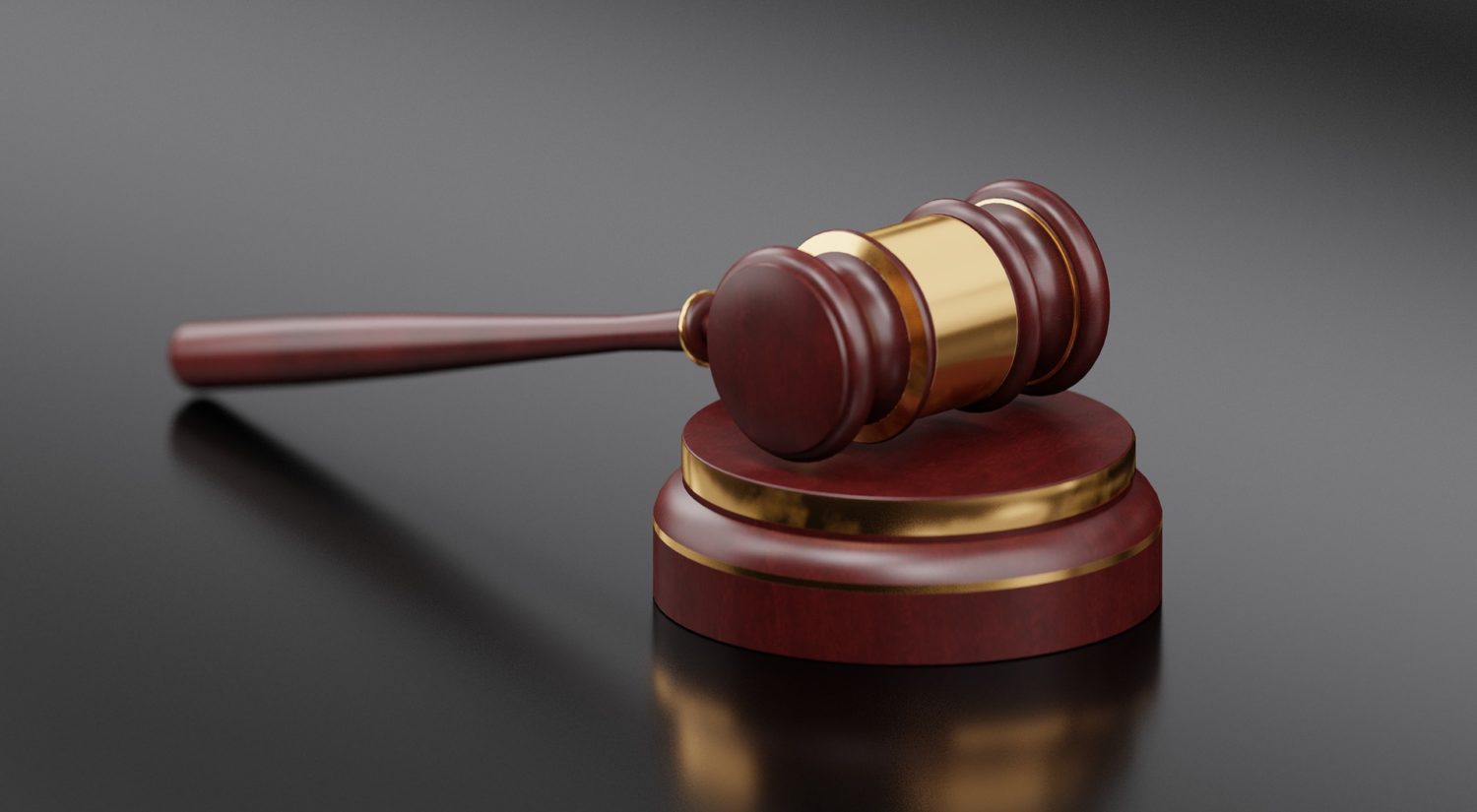
If your loved one has died without writing a will, he or she will be considered to have died “intestate.” In this case, a decedent–the person who died–will have his or her assets distributed according to Maryland law. However, there is a chain of command when determining who will get what percentage of the decedent’s assets.
When a decedent does have a will, his or her heirs under Maryland’s intestacy law must be notified of any distributions or other estate activity. If there are any legitimate concerns regarding the decedent’s will’s authenticity or validity, rightful heirs are allowed to contest the will and have the personal representative removed. If your loved one recently died intestate, here are some of the questions you may have regarding the legal process going forward:
What are spouses entitled to when their spouse dies intestate?
- If the decedent has a spouse but no living parents or children, his or her spouse inherits everything
- If the decedent has a spouse and other descendants but no children under the age of 18, the spouse will inherit $40,000 of the intestate property and half of the rest, and the descendants will inherit what is left
- If the decedent has a spouse, living parents, but no descendants, the spouse will inherit $40,000 of the intestate property and half of the rest, and the parents will inherit what is left
What are children entitled to when their parent dies intestate?
- When a decedent has children but no spouse, the children will inherit everything
- If the decedent died with a living spouse and children under the age of 18, the spouse will inherit half of the intestate property and the children will inherit everything else
Additionally, if a decedent has no spouse, no descendants, but living parents, they will inherit everything. When a decedent dies with no spouse, no descendants, and no parents, his or her siblings will inherit everything as well. Lastly, it is important to know that adoptive children share the same rights as biological children in Maryland’s intestate law.
What happens if a decedent does not have a will or family?
When a decedent does not have a will or any living relatives to distribute his or her assets to, they will go “escheat” to the state. This rather simply means that the decedent’s property will either go to the Maryland Department of Health or the county board of education in the county where the decedent resided.
Contact our experienced Maryland firm
The attorneys at JD Katz have years of experience compassionately guiding clients in Maryland through the estate planning and administration process. Our firm also has experience with matters of elder law, business law, tax law, and litigation. For a legal team that will put your needs first, contact JD Katz today.
